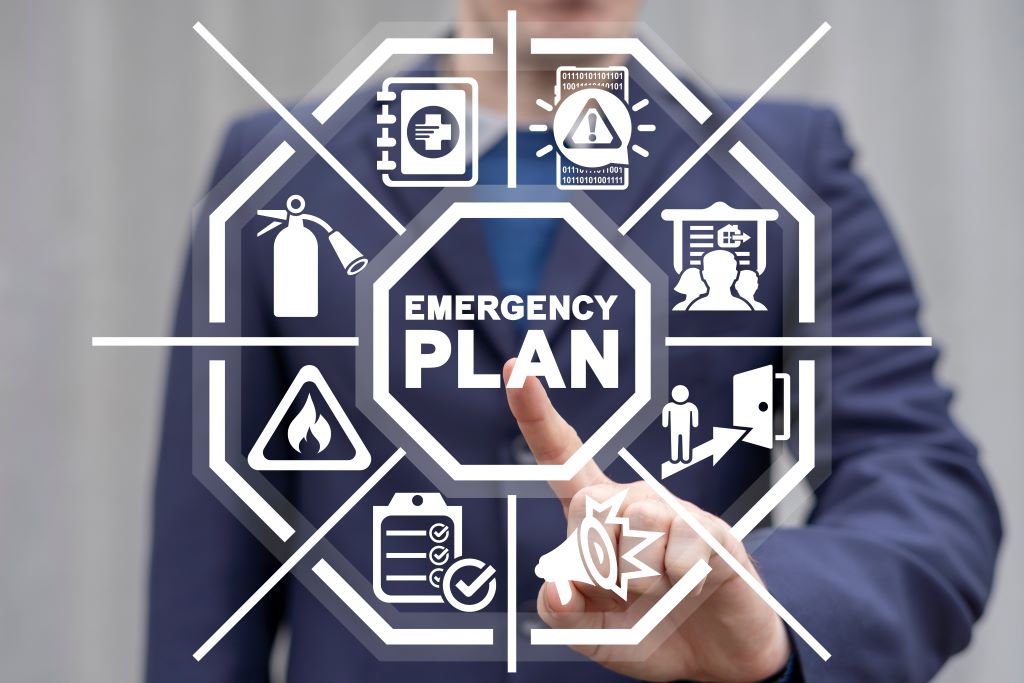
1. Create an Emergency Fund
- Importance: An emergency fund provides a financial cushion for unexpected expenses, covering 3-6 months of living costs.
- Strategy: Automate transfers to a dedicated savings account to build your emergency fund steadily. Prioritize this savings to ensure financial stability during emergencies.
2. Review and Adjust Budget
- Importance: A well-managed budget helps identify areas where you can save and reallocate funds towards emergency preparedness.
- Strategy: Analyze your income, essential expenses, and discretionary spending. Cut non-essential expenses and direct those savings into your emergency fund or other preparedness measures.
3. Insurance Coverage
- Importance: Insurance helps protect against significant unexpected costs, such as medical emergencies or property damage.
- Strategy: Review your health, home, auto, and disability insurance policies for adequate coverage. Address any gaps and consider additional coverage if needed to safeguard against potential emergencies.
4. Debt Management
- Importance: Lowering debt frees up resources for emergency preparedness and improves overall financial resilience.
- Strategy: Focus on repaying high-interest debts first, negotiate lower interest rates on existing debts, and avoid accruing new debt to maintain financial stability.
5. Establish Financial Goals
- Importance: Clear financial goals provide direction and motivation for saving and preparing for emergencies.
- Strategy: Set both short-term and long-term financial objectives, such as building an emergency fund or saving for retirement. Create actionable plans and timelines to achieve these goals.
6. Diversify Income Sources
- Importance: Multiple income streams reduce the risk of financial instability due to job loss or income reduction.
- Strategy: Explore opportunities for freelance work, part-time jobs, or passive income streams to increase financial flexibility and resilience against economic downturns.
7. Document and Organize Financial Information
- Importance: Well-organized financial documents facilitate quick decision-making and access during emergencies.
- Strategy: Keep copies of essential financial documents (e.g., bank statements, insurance policies, wills) in a secure location or digital format. Ensure easy access to these documents when needed.
8. Emergency Preparedness Plan
- Importance: An emergency plan helps you manage both financial and personal aspects of emergencies effectively.
- Strategy: Develop a family emergency plan that includes emergency contact information, a list of important documents, and necessary supplies. Ensure all family members are aware of and understand the plan.
9. Seek Financial Advice
- Importance: Professional advice can provide personalized strategies for financial preparedness and resilience.
- Strategy: Consult with financial advisors or planners to discuss emergency preparedness, investment strategies, and long-term financial planning. Utilize their expertise to strengthen your financial position.
10. Regularly Review and Update Plan
- Importance: Regular reviews ensure your emergency preparedness strategies remain effective and relevant as circumstances change.
- Strategy: Schedule periodic reviews of your financial goals, emergency fund status, insurance coverage, and overall preparedness plan. Update these elements as needed to maintain effectiveness.




